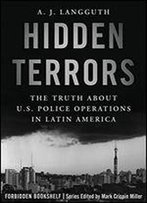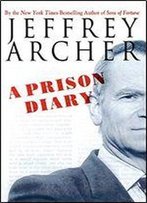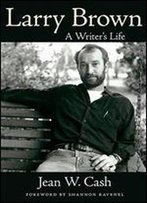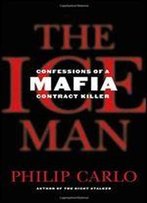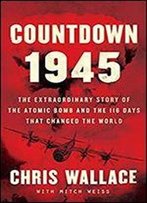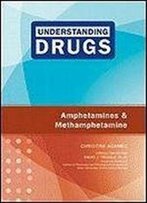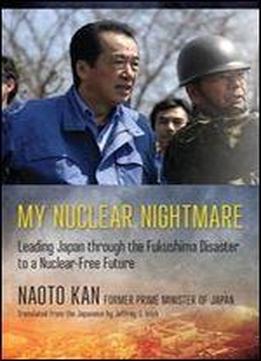
My Nuclear Nightmare: Leading Japan Through The Fukushima Disaster To A Nuclear-free Future
by Naoto Kan /
2017 / English / PDF
1.9 MB Download
On March 11, 2011, a massive undersea earthquake off Japan's coast triggered devastating tsunami waves that in turn caused meltdowns at three reactors in the Fukushima Daiichi Nuclear Power Plant. Ranked with Chernobyl as the worst nuclear disaster in history, Fukushima will have lasting consequences for generations. Until 3.11, Japan's Prime Minister, Naoto Kan, had supported the use of nuclear power. His position would undergo a radical change, however, as Kan watched the nuclear disaster at the Fukushima No. 1 Power Plant unfold and came to understand the potential for the physical, economic, and political destruction of Japan.
In My Nuclear Nightmare, Kan offers a fascinating day-by-day account of his actions in the harrowing week after the earthquake struck. He records the anguished decisions he had to make as the scale of destruction became clear and the threat of nuclear catastrophe loomed ever largerdecisions made on the basis of information that was often unreliable. For example, frustrated by the lack of clarity from the executives at Tepco, the company that owned the power plant, Kan decided to visit Fukushima himself, despite the risks, so he could talk to the plant's manager and find out what was really happening on the ground. As he details, a combination of extremely good fortune and hard work just barely prevented a total meltdown of all of Fukushima's reactor units, which would have necessitated the evacuation of the thirty million residents of the greater Tokyo metropolitan area.
In the book, first published in Japan in 2012, Kan also explains his opposition to nuclear power: I came to understand that a nuclear accident carried with it a risk so large that it could lead to the collapse of a country. When Kan was pressured by the opposition to step down as prime minister in August 2011, he agreed to do so only after legislation had been passed to encourage investments in alternative energy. As both a document of crisis management during an almost unimaginable disaster and a cogent argument about the dangers of nuclear power, My Nuclear Nightmare is essential reading.
